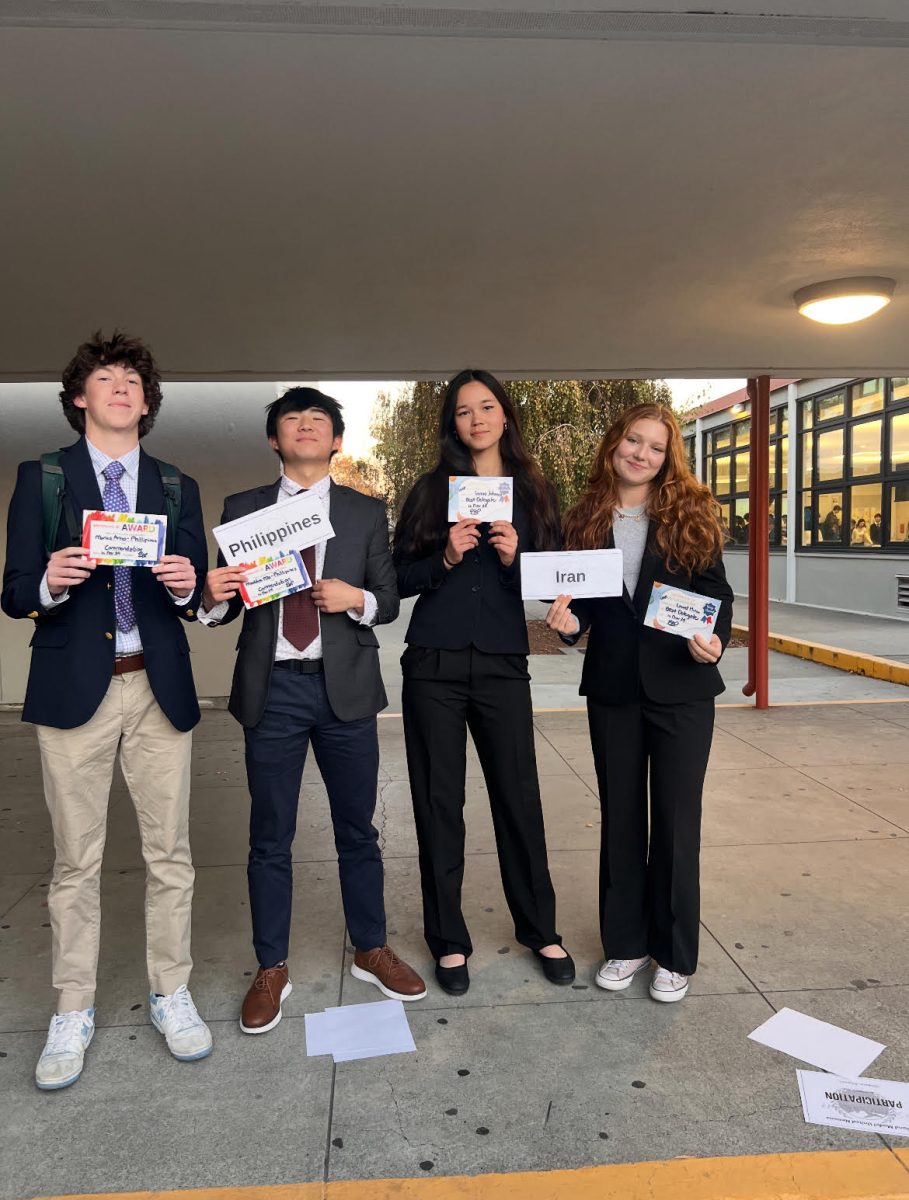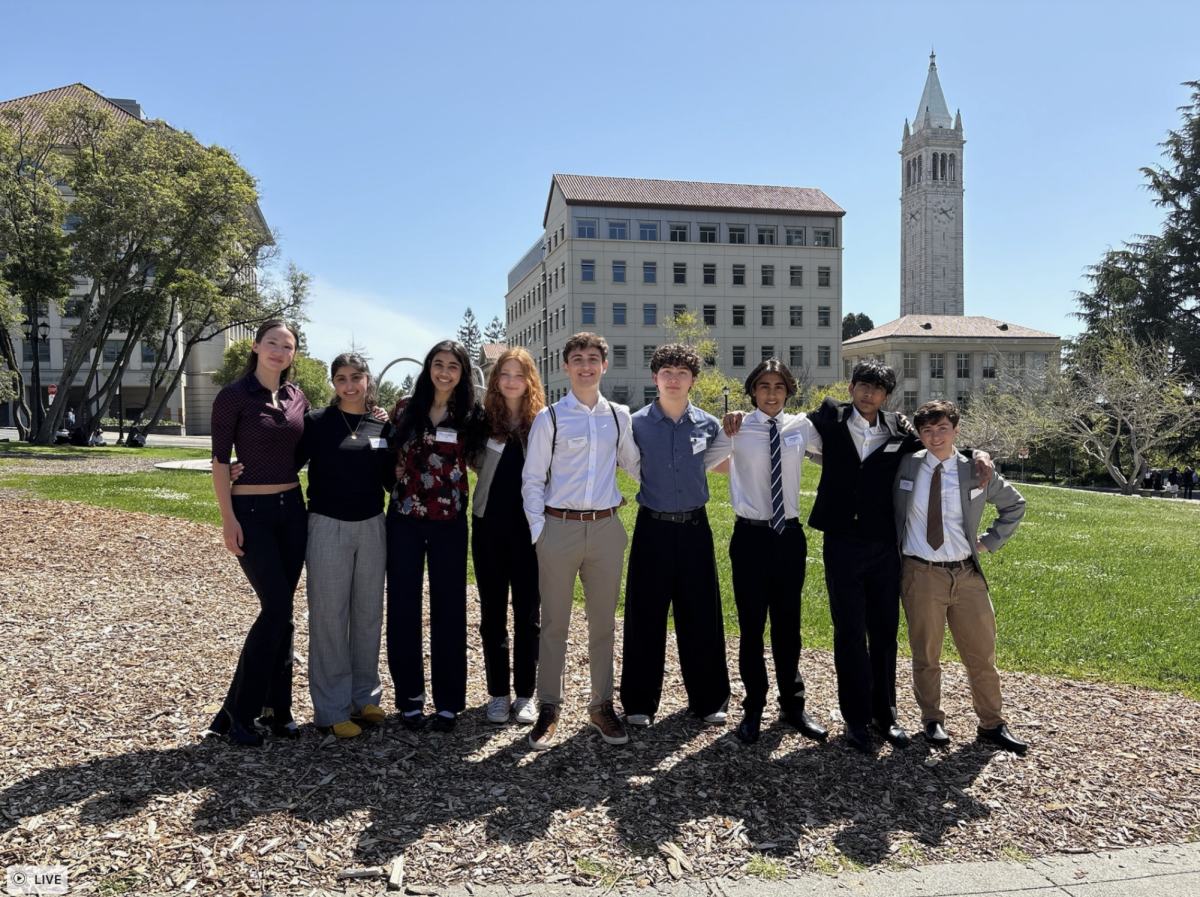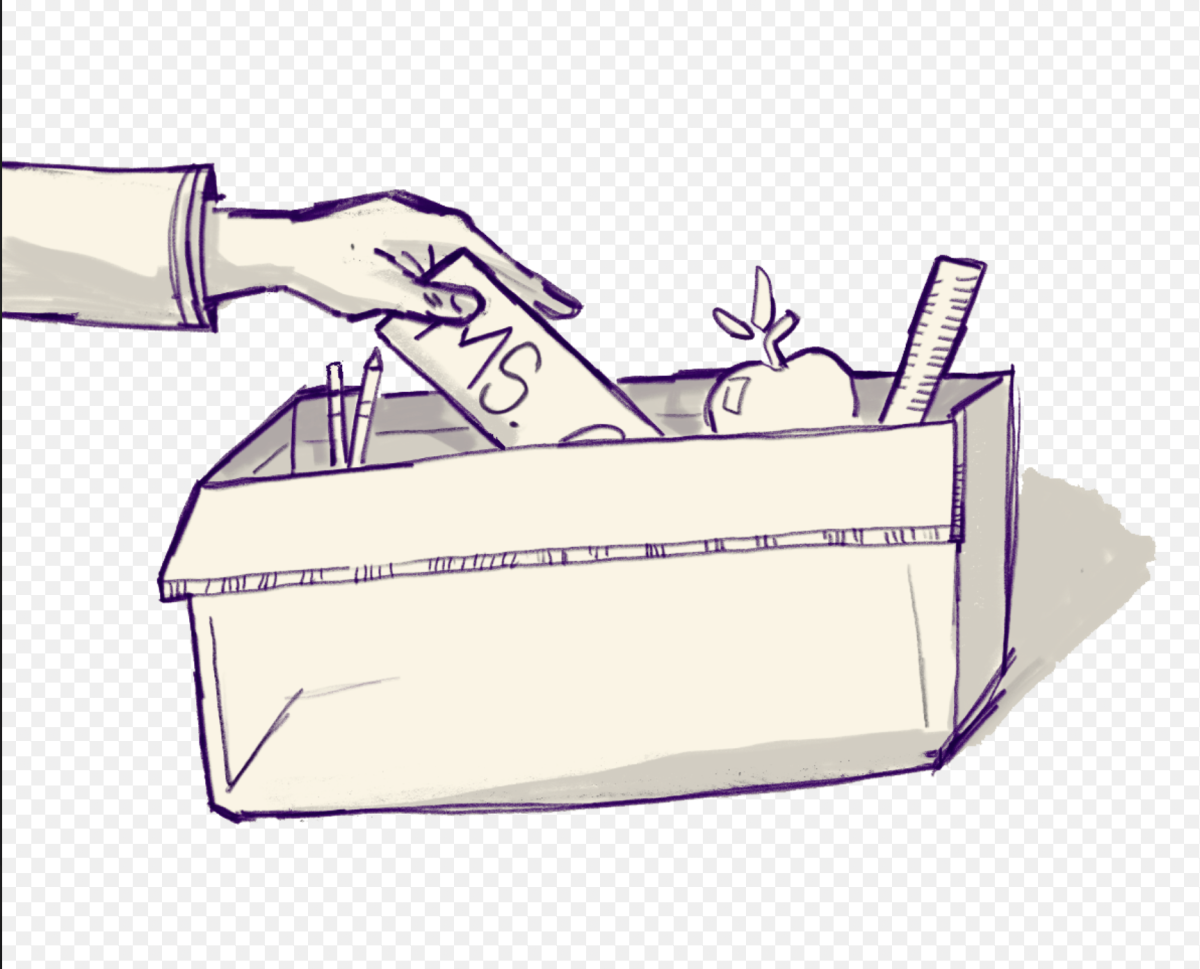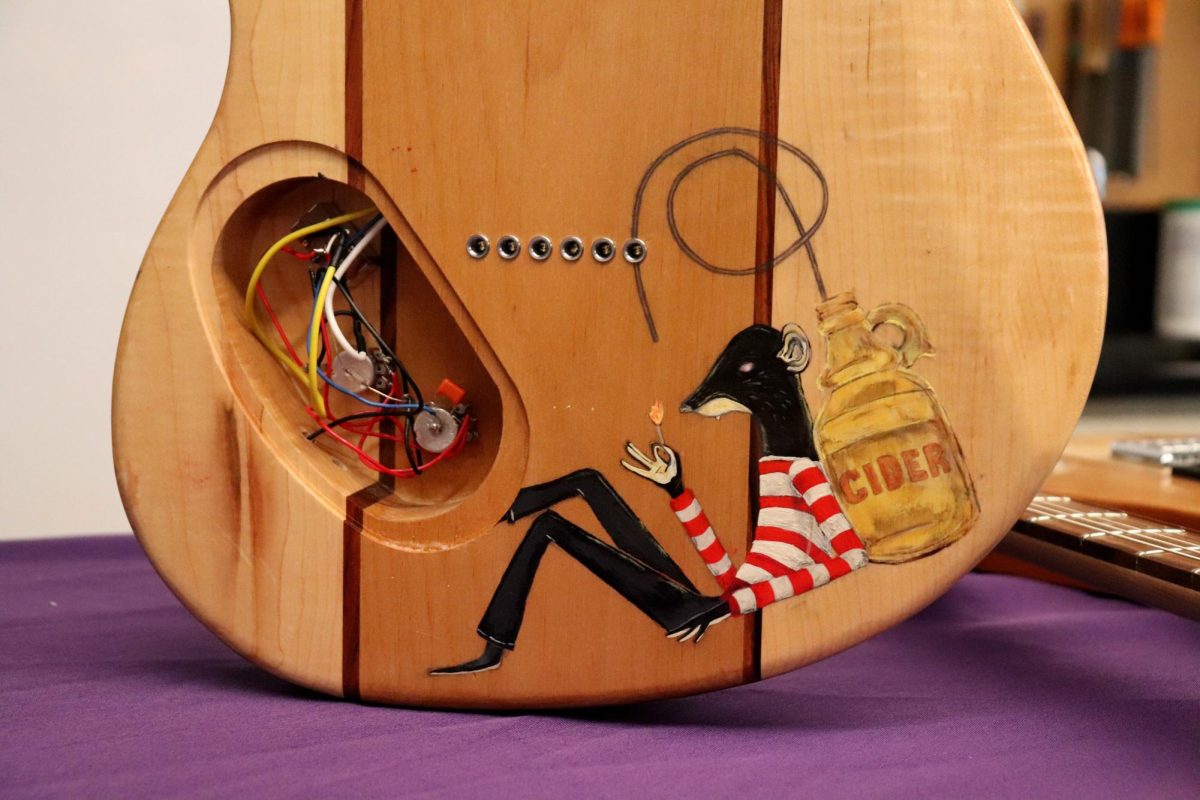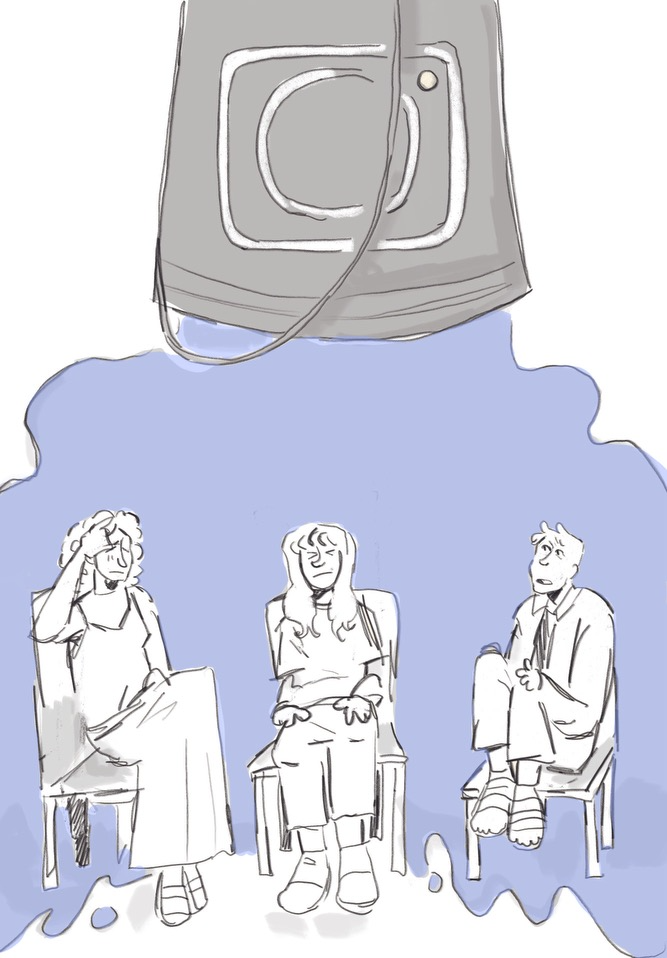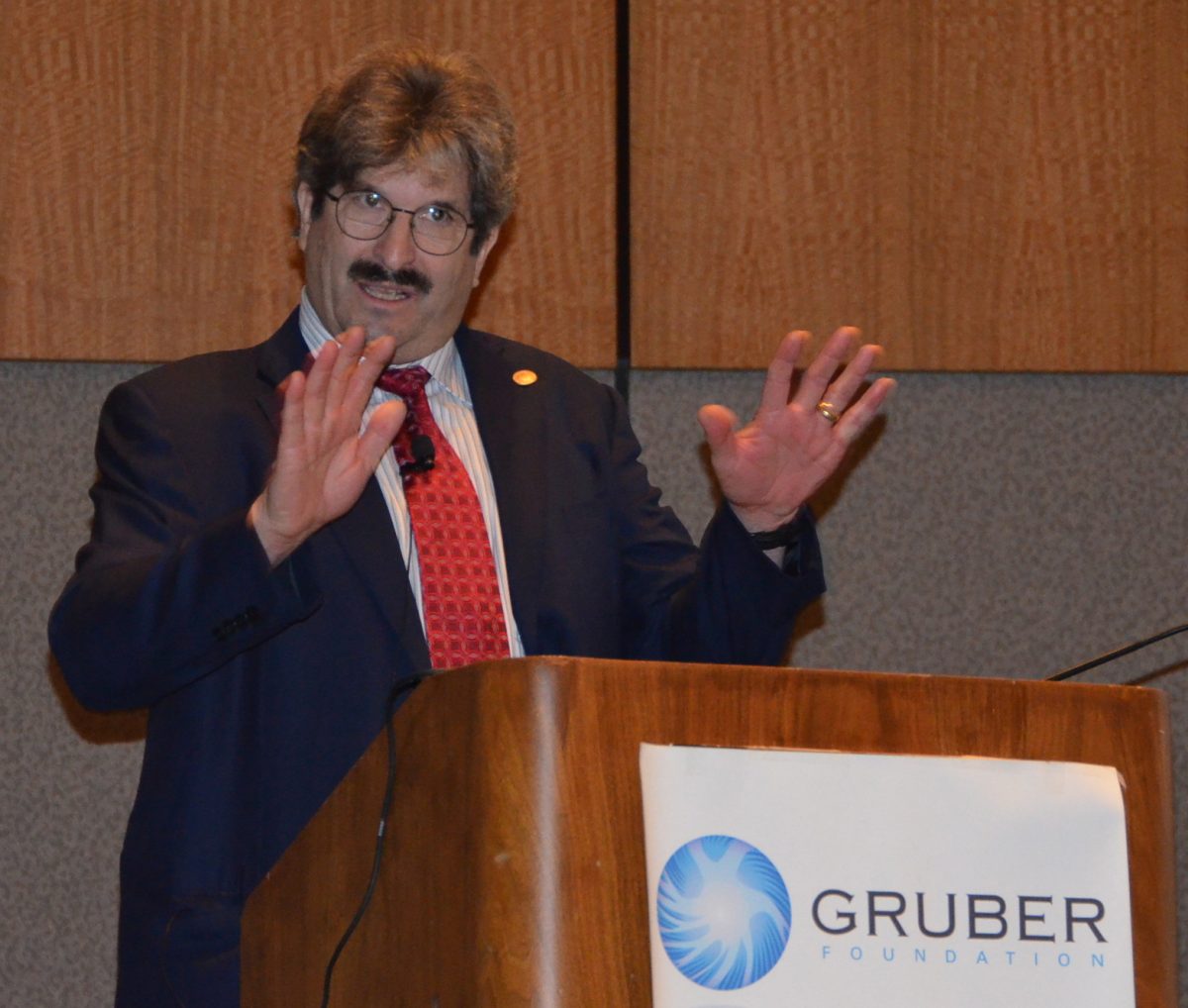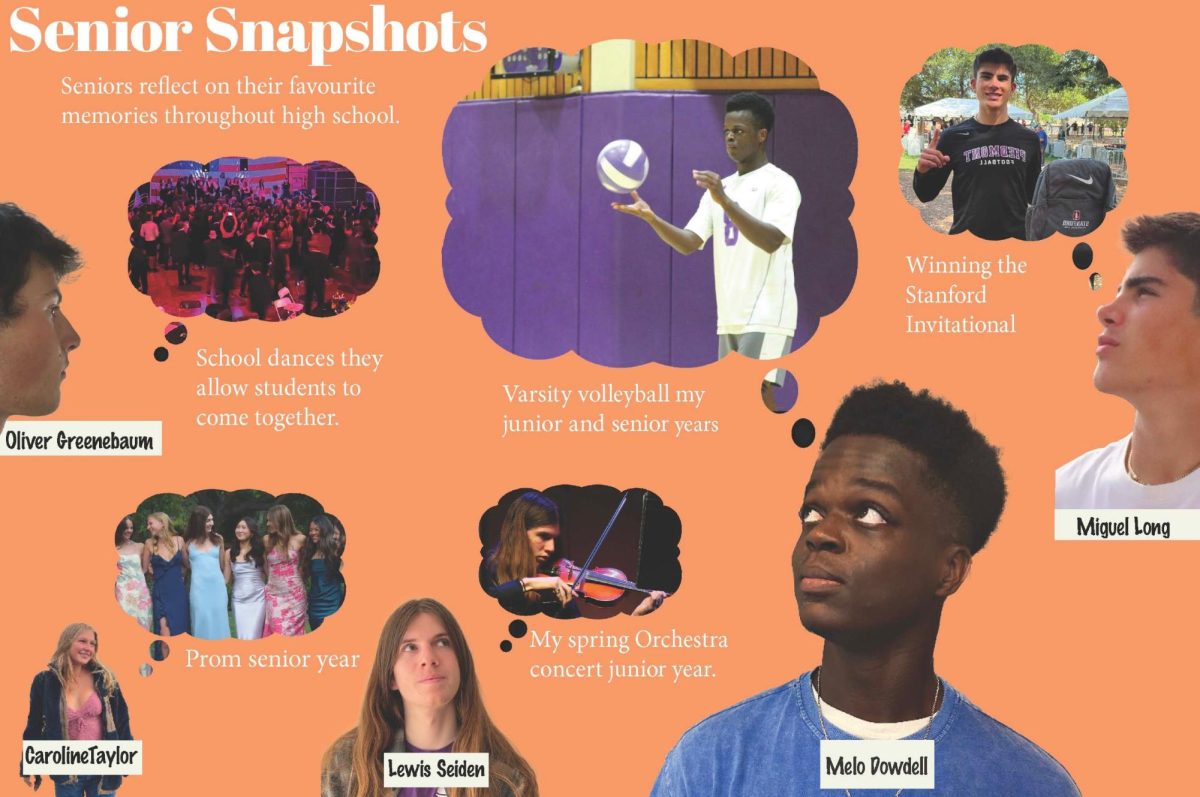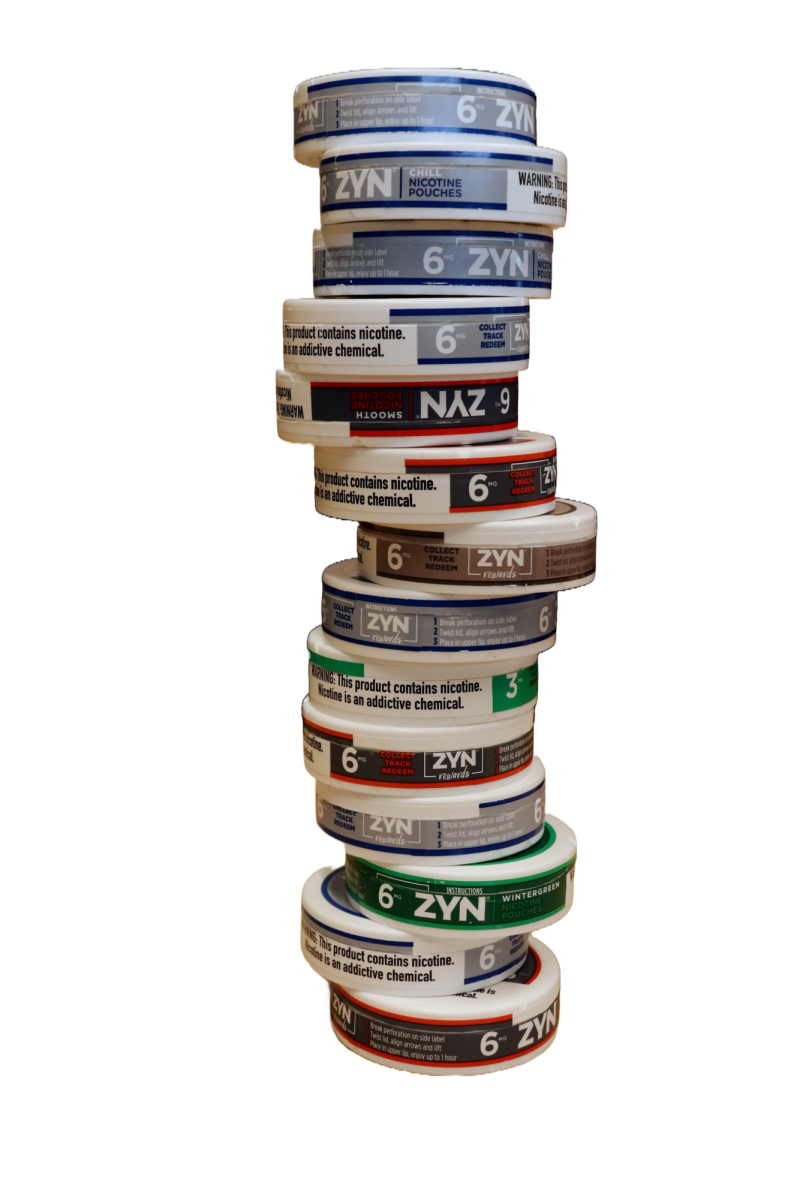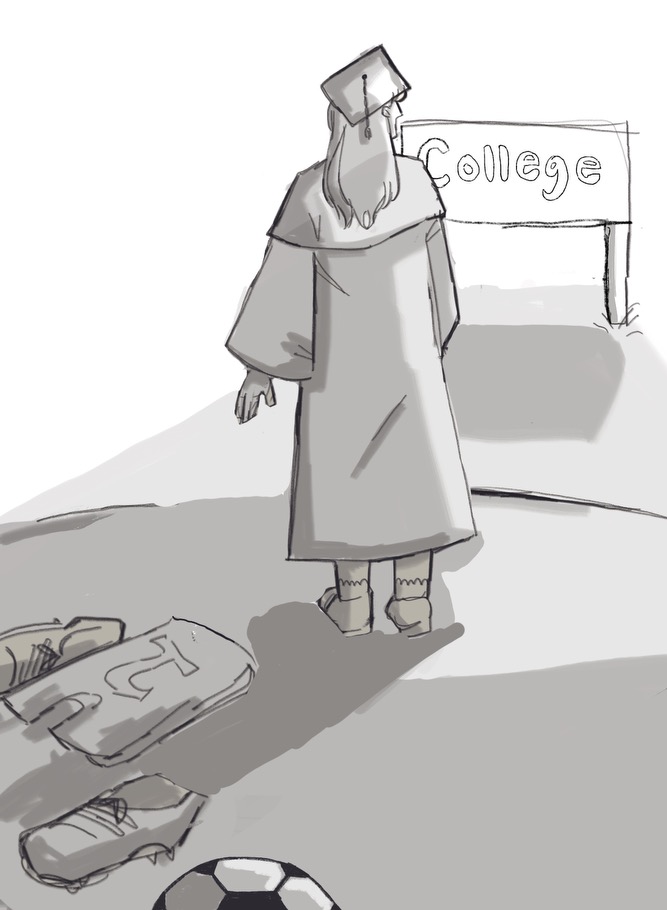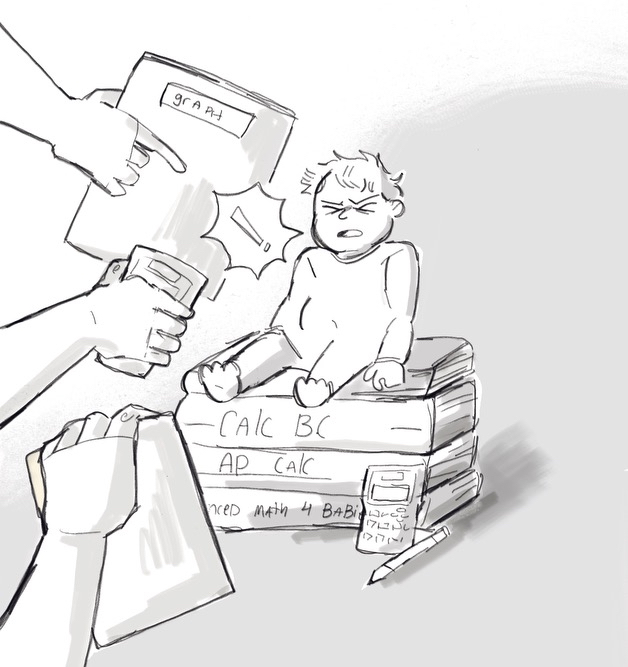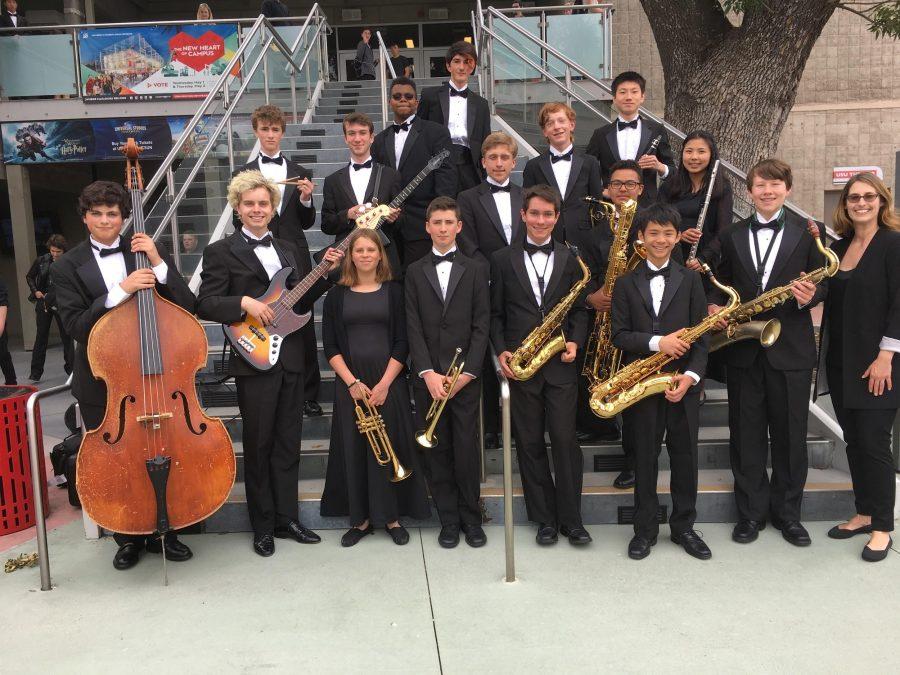Music assistant Jan D’Annunzio perches herself onto the piano bench. She begins playing a song, her hands moving deftly across the keyboard, her fingers hitting each note of the piece with assurance. Suddenly, her flow is interrupted by a sharp twang instead of the sweet, clear sound she is expecting. D’Annunzio drops her hands to her lap in defeat and pushes herself off of the bench, her piece disrupted, but not through any fault of her own— the piano has not been tuned in over two years.
District funding in the music department has declined over the years, D’Annunzio said. Usually responsible for organizing trips for the music department, D’Annunzio said that her job has been cut in half this year, making her unable to do this any longer.
“She was entirely responsible for planning the trips, which is a huge undertaking,” band director Andria Mullan said. “When we had to cut back her duties, that was one thing that she was no longer able to do.”
Jazz band, symphonic band, and orchestra all performed at the Heritage Festivals in Los Angeles last year, said junior Connor Stratman, the jazz band lead alto saxophonist.
“It was a really good experience, both musically and just to get to know the people in band [class],” Stratman said.
While music tours are not guaranteed to happen every year, this is the first time that a tour has been canceled due to a lack of funding.
“I [definitely know] that the lack of funding is affecting our numbers,” choir director Sid Quinsaat said.
A cappella students have gone to New York, Hawaii, and Europe in past years, but this no longer seems feasible, Quinsaat said.
“Because we are not able to go on tour, there is less draw for students to come into the program, so our program does not get to grow as much,” they said. “People who would want to take [a cappella] because of [tours] are not coming in.”
Quinsaat’s largest class this year is a combined class of 37 freshman boys and girls, but they said that it is typically split into two separate classes according to tenor-bass and alto-soprano voices. Having split classes is important to help students work through possible vocal changes.
“I feel like I am missing out on being able to work on them separately,” they said.
Quinsaat said that they have only gotten a few chances to work separately with students when a clinician came in, which has only happened once so far this school year. Clinicians are music specialists that work with musicians on mastering their technique in small groups.
“I think that the clinician program is really special and it keeps students excited about what we are doing when they feel successful,” Mullan said.
Band and orchestra clinicians have come in the past to work on specific instrument groups within the first month of school. However, none have come to either class yet this year. The absence of a clinician program has slowed down music classes, Stratman said.
“[The clinician program] allows for us to be able to play the songs of band within the first month,” Stratman said. “Whereas this year, it has taken almost the entire semester to play them at the level that we want to play them at.”
The absence of clinicians is not just at the high school, either. Stratman is a teacher’s assistant for Mullan and her middle school class, where Mullan often has to stop the entire class to teach students separately what should have taught to them by the clinicians, he said.
“For a lot of instruments, it is really helpful to individually work with certain people or groups on certain parts,” Stratman said.
In addition to the loss of the clinician program, band and orchestra no longer receive money from the school district to repair and maintain instruments as of this year, Mullan said.
“Luckily, we have a very generous and committed parent community,” Mullan said. “We have money from parents to support these things through online donations and also through membership to [the Piedmont Education Foundation or] PEF Art Fund.”
The PEF provides financial support for the a cappella accompanist, the music assiantant’s salary, and choral and instrumental clinicians at PHS and PMS, according to the Piedmont Arts Fund website.
“[Donations] used to [support the music department] in addition to money from the district,” D’Annunzio said. “Now they are taking the place of it.”
Much of the parent donations that went to the clinician program in past years will have to be used for instrument repairs now, D’Annunzio said.
“This is the first time in my 21 years of working for the [Piedmont Unified School] District that they have not contributed any money to school-owned instrument repair,” she said.
Funding has not just decreased in the music department. All the visual and performing arts departments are constantly having to fight and claw for their budgets, Quinsaat said. The time and effort the arts department has to spend discussing financials takes away from time with students and is beyond what should be expected of them as teachers.
“It is not like people do not like music,” Quinsaat said. “It is not like people do not like the arts. But why are those things not valued monetarily in the world?”
